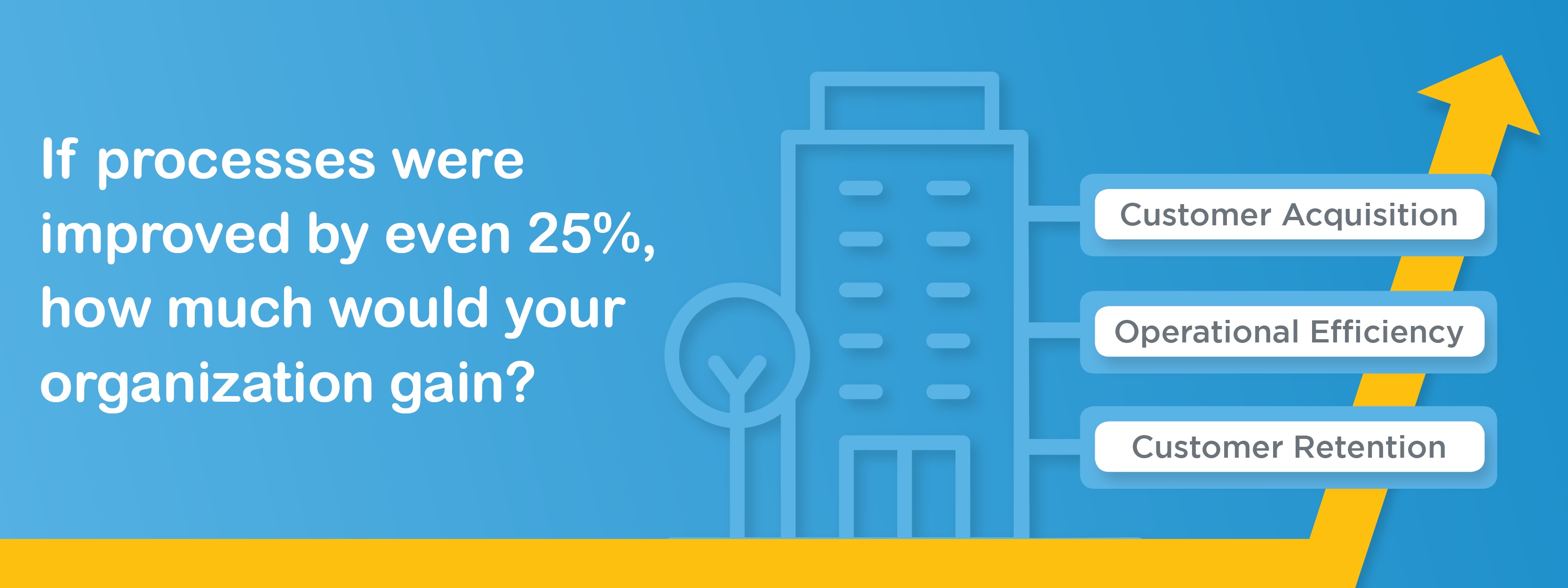All successful organizations have one thing in common. They’re good at creating and operationalizing processes. Most large companies have spent years developing processes and maximizing employee efficiency. Yet what is initially created doesn’t necessarily work in the present moment. If processes were improved by even 25%, how much would your organization gain?

When opting-in reluctant employees to improve processes, make sure your goals support the company’s overall vision. Below are some operational tips for process improvement and company-wide alignment.
- Stay focused. Creating and setting process improvement priorities involves many moving parts, so it’s easy to get sidetracked. As a leader, implementing the organization’s priorities, a good place to start is to categorize process improvement initiatives into three groups: Critical; Important or Desirable.
Distinguish which projects are non-negotiable and which have breathing room. This also helps outline what’s important and what isn’t to your team so there’s no confusion. When you’re focused as a change leader, your team learns by example.
- Assess and leverage your resources. Leverage all your business process improvement resources to maximize efficiency. Then delegate. A Gallup survey reported that 70 percent of employees are disengaged at work, which costs businesses billions of dollars every year. Give them the tools to be effective problem solvers. The more you can empower your teams to spot problems, suggest improvements and execute process improvement initiatives, the more successful they’ll be.
- Establish clear and consistent expectations. When leadership is clear and consistent about the high priority process improvement initiatives and everyone’s roles, teams are set up for problem-solving success. One corporate leader points out that consistency raises the levels of accountability, relevancy and the ability to measure results—all key to an organization’s success. Take the time to outline new process improvement priorities and operational processes in person before implementing them. Then, reiterate those expectations as they’re rolling out. Teams need constant reminders and clear explanations from you as a change leader.
In theory, these actions may sound simple but they are difficult to execute. It’s human nature to be averse to change, which is why it’s critical to know when to ask for help. To support your process improvement initiatives, OpusWorks has developed three blended learning courses that will help transform your team into masters of operational efficiency.
Learn more about how we can help your organization today.